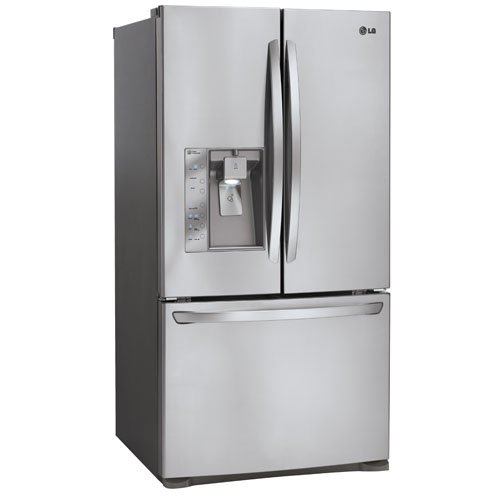Are you an emotional eater? Want to know an important secret?
Stop searching for that one magical diet that is going to set you free because it doesn't exist!
If you're an emotional eater, there isn't a diet on earth that's going to work for you.
Trust me. It it had existed I would have found it. I spent decades reading about and trying more diets than I care to admit.
I jumped from diet to diet to diet, looking for the magic mix of foods and rules to melt away the excess pounds. When I finally understood that no such diet exists, I felt my whole body relax and my relationship with food begin to change.
Diets are not designed to deal with emotional eating. If you're an emotional eater going on a diet to lose weight is like trying to open a lock with the wrong key!
Why Diets Don't Work for Emotional Eating
Diets address the physical; not the mental; not the emotional. And as women, we are emotional creatures.
Have you noticed what happens when you try to solve emotional eating issues with dieting? You may lose some weight for a while, but it always comes back. Why? Because you are focusing on a symptom - your weight; not the cause, which is how you are using food.
When you are stuck in this cycle it's like being caught in a trap. Then when you finally realize what you've been doing, its like being set free. It's so exhilarating you want to jump up and down and scream and let every other woman in the universe in on the SECRET! You want to shout, "Stop. Stop. I've discovered the truth. Stop torturing yourself. Take this key and set yourself free."
It's not the food that's the problem. It's your inappropriate use of food that's the problem. Confusing the two will make you crazy.
Dealing with Emotional Eating
Begin to focus on the real issue, which isn't your weight. It's the feelings and stresses that cause you to seek comfort in food. I know it's scary, but that is where you need to focus your attention because then food begins to lose its power over you.
Figure out what you are really craving. When you find yourself standing in front of the open refrigerator ready to chow down on that leftover cake or chinese food (like I was tempted to do recently) pause and ask yourself, "Am I really hungry?" If not, put the food back, close the refrigerator door and ask yourself what's really going on? Are you bored? Are you lonely? Are you anxious? Are you angry?
Filling up with food when you really need a hug, a friend, a new job, someone to listen to you, is only going to make matters worse. Because you know what comes next - anger, disgust and self recrimination.
No amount of chocolate or ice cream can fix emotional emptiness. (And stuffing yourself full of vegetables or brown rice till you burst isn't the answer either.)
Don't get me wrong. I love chocolate and ice cream. But I prefer to indulge for enjoyment when I'm happy, not as a coping mechanism that I'll regret later.
As my favorite teacher loves to say, "Don't eat to get happy. Get happy and then eat."
It's not always easy.
You know how it goes. A stressful day at the office or argument with your husband sends you to the nearest drive-through.
If it's any consolation. You're not alone. Science is beginning to show that women, in particular, are more susceptible to eating when stressed. Emotions can trigger physical hunger through the mood and appetite regulation chemicals in your brain. It's not about lack of willpower. Your brain and body are trying to achieve chemical balance.
When you have a terrible day, your brain's production of serotonin (a neurotransmitter that keeps you from feeling anxious and depressed) can drop, leading to irritability and increased appetite.
To maintain its proper levels, your brain wants carbohydrates, to help replace serotonin. That's why, after an intense day at the office, you crave pizza or pasta, not grilled chicken and steamed broccoli. Low serotonin can also impair your ability to tell when you're full, making you more likely to eat when you don't really need to as well as more prone to overeating.
Knowing what's going on with your brain and body can make it easier to adjust your behaviors and go easy on yourself.
Begin with Understanding and Self Kindness
Be gentle with yourself. Stop beating yourself up. It's much easier to change your behavior from a place of understanding and compassion.
You didn't get to where you are right now overnight and you are not going to heal yourself overnight. That's okay.
It takes time and practice, but you can change the way you react. You can train yourself to seek healthier comforts and/or distract yourself until the cravings subside. Expect setbacks. I've been working on this for years and there still are times when I end up off course. The past two weeks are a great example. I've been staying with my Mom, whose mom just died and my Dad who has Alzheimer's Disease, in a house loaded with every trigger food imaginable.
Fortunately once you've discovered instinctive/intuitive eating, you tend not to stray too far for too long. It's too uncomfortable. You want to get back on track. And maybe once in a while you may need to experience the discomfort of overeating to remember how wonderful it feels to eat when you're hungry and stop when you're full.
 | Price : Too low to display
| Price : Too low to display



